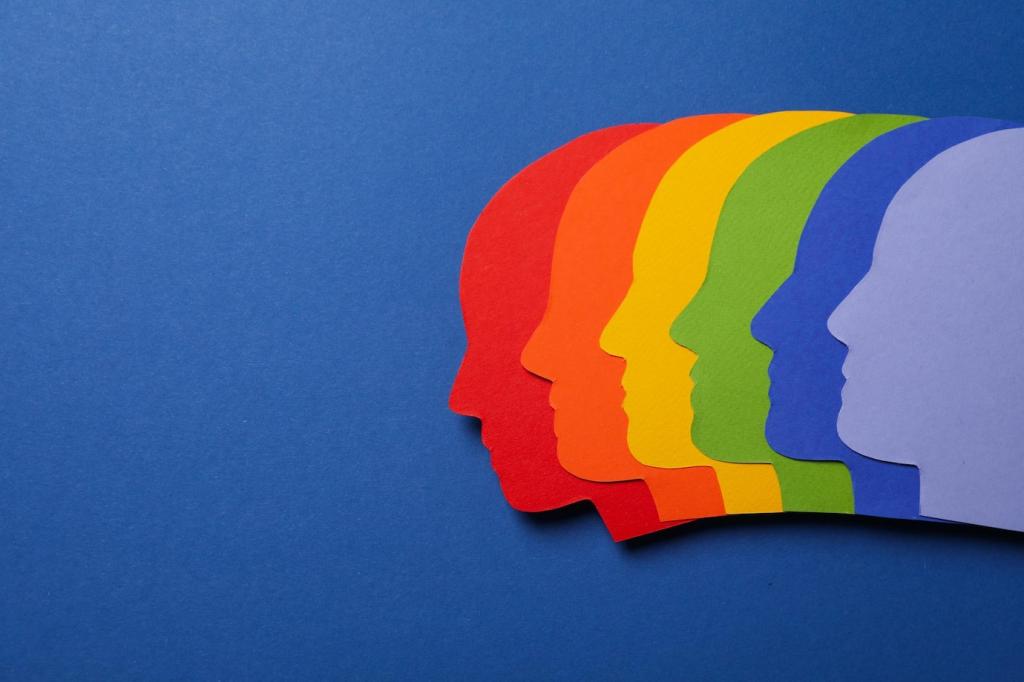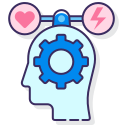This website uses cookies so that we can provide you with the best user experience possible. Cookie information is stored in your browser and performs functions such as recognising you when you return to our website and helping our team to understand which sections of the website you find most interesting and useful.
The Role of Emotional Intelligence in Personal Success
Emotional intelligence, often abbreviated as EI or EQ, has emerged as a crucial factor in achieving personal success. Unlike IQ, which measures cognitive capabilities, emotional intelligence reflects an individual’s ability to perceive, regulate, and understand their own emotions as well as those of others. It encompasses a range of competencies, including self-awareness, empathy, self-regulation, and social skills. These qualities contribute to more fulfilling relationships, better decision-making, and greater resilience in the face of life’s challenges. Understanding the pivotal role of emotional intelligence empowers individuals to navigate complex social environments, respond constructively to setbacks, and ultimately unlock their true potential.

Understanding Emotional Intelligence


